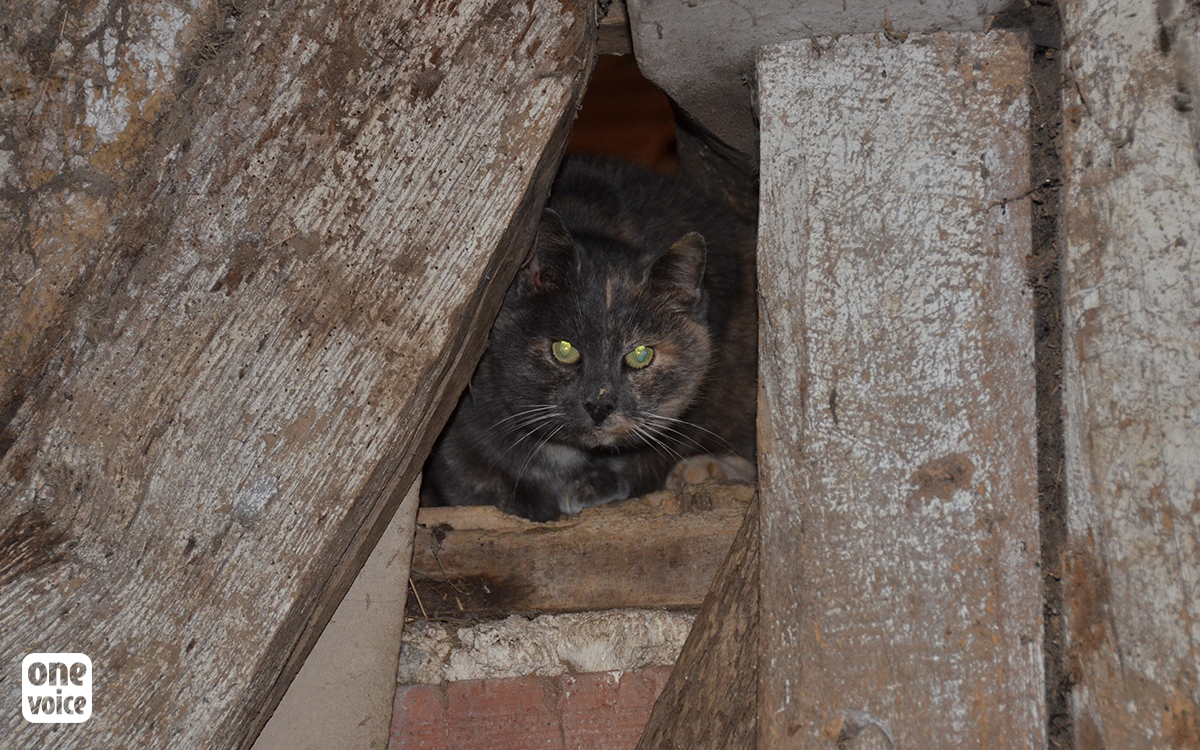

Neutering cats is becoming obligatory in Spain. When will this happen in France?
On 16 March 2023, the Spanish Parliament passed a new law reinforcing the welfare and protection of animals. Important advances will come into effect in September, in particular including the neutering of cats, whether stray or living with a family. In France, such an obligation could have seen the light of day when the 30 November 2021 law came in, but it was eventually dismissed due to political pressure.
Alongside this law, which also banned the sale of cats, dogs, and ferrets in pet shops, the exploitation of wild animals in circuses, and even the use of lethal methods to combat pigeons and rats, a reform of the Penal Code increased the penalties incurred in cases of mistreatment.
A necessity to put an end to the ordeal that felines endure
The Spanish law contains a provision making it obligatory to have cats surgically neutered before six months of age, with the exception of ‘breeders’ listed on the register of companion animal breeders. Stray cats are also included: they will be captured to be neutered and then released.
Any breach of this obligation will constitute a violation punishable by a fine of between €500 and €10,000.
Millions of cats suffer
There are 11 million stray cats and 15.1 million living with a family in France, but we still refuse to impose neutering, even while they are reproducing at an astounding rate. From the age of six months, females can have two litters per year, with an average of 2.8 kittens each time, of which half are female who themselves are capable of reproducing at the same rate… This means that after only seven years and with a kitten mortality rate of 15%, the descendants of a single mother and her daughters is theoretically more than 10,000 individuals.
Neutering is done for protection in order to decrease abandonments in rescue centres and euthanasias in pounds, all while avoiding contributing to feline overpopulation and its share of suffering: diseases, hunger, injuries, human mistreatment…
A missed opportunity in France
The opportunity to impose neutering in France nevertheless presented itself at the time of the debates around the 30 November 2021 law “aiming to fight against mistreatment of animals and strengthen the link between animals and humans”. While the initial project unfortunately did not concern individuals, it at least planned to generalise the neutering of stray cats by requiring mayors to capture and then microchip them before releasing them. This proposition was eventually rejected. Towns therefore only have the possibility and not an obligation to operate on stray cats, and in fact, associations often carry this responsibility alone with limited means.
However, we must not forget that as long as individuals leave their cats to breed before giving the kittens away to the first person that wants them, they will continue to feed overpopulation, straying, and feline suffering.
Help us to move forward with this fight: share our report with your local council and sign our petition demanding an urgent national plan to put an end to feline straying and the suffering that it causes.
Translated from the French by Joely Justice